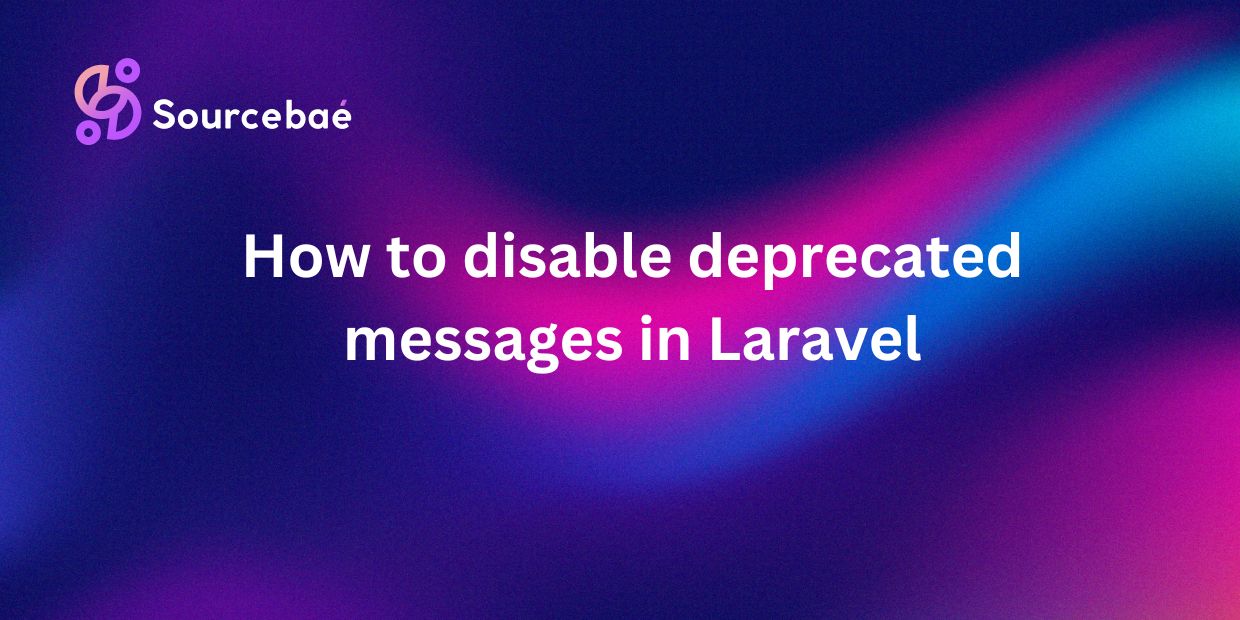Core PHP vs Laravel: A Detailed Comparison
In the ever-evolving landscape of web development, choosing the right framework is crucial to the success of your project. When it comes to building robust web applications, Core PHP and Laravel emerge as two prominent contenders. This article delves into the comprehensive comparison of Core PHP vs Laravel, analyzing their features, benefits, and use cases to help you make an informed decision for your web app development endeavors.
Core PHP: Harnessing the Fundamentals
Core PHP serves as the foundational scripting language that powers countless websites across the digital realm. With its versatile nature, Core PHP allows developers to create dynamic and interactive web pages, forming the backbone of web development projects. It’s like the sturdy canvas on which developers can craft intricate digital masterpieces.
Laravel: Unleashing Elegance and Efficiency
Laravel, on the other hand, is a modern PHP framework that streamlines the web development process by providing a set of pre-built tools and libraries. Known for its elegant syntax and developer-friendly approach, Laravel simplifies complex tasks such as routing, caching, and authentication, allowing developers to focus on building unique and feature-rich applications.
Comparing Development Speed
In the fast-paced digital landscape, time-to-market is paramount. Laravel gains a competitive edge here with its built-in functionalities, enabling developers to expedite common tasks. From handling authentication to managing databases, Laravel accelerates the development process, making it an attractive choice for projects with tight deadlines.
On the contrary, Core PHP provides a more flexible yet time-consuming environment, requiring developers to code from scratch. This approach can be beneficial for highly customized projects, but it might slow down the development cycle.
Flexibility and Customization
If your project demands intricate customization and tailored functionalities, Core PHP offers the freedom to create solutions from the ground up. This level of control is perfect for unconventional projects where pre-built frameworks might fall short.
Laravel strikes a balance between customization and convenience. While it comes with built-in features, it also allows developers to modify and extend these functionalities as per project requirements. This adaptability is beneficial when you want a strong foundation with room for expansion.
Ease of Learning and Documentation
For developers new to the PHP landscape, Laravel’s comprehensive documentation and user-friendly syntax can be a game-changer. The framework’s documentation serves as a guiding light, making it easier to grasp concepts and troubleshoot issues.
Core PHP, being the fundamental language, can be more challenging for beginners due to its extensive nature and the need to manage all aspects of development manually.
Security Considerations
When it comes to security, both Core PHP and Laravel offer solid foundations. However, Laravel’s built-in security features, such as CSRF (Cross-Site Request Forgery) protection and robust authentication mechanisms, provide an added layer of protection without requiring developers to implement these measures from scratch.
In Core PHP, developers need to meticulously address security concerns, which can be time-consuming and prone to human error.
Use Cases and Project Suitability
Laravel shines in scenarios where development speed, ease of maintenance, and scalability are paramount. It’s an excellent choice for startups and small to medium-sized projects that require rapid iterations and updates.
Core PHP is ideal for projects that demand absolute customization, intricate functionalities, and direct control over every aspect of development. Large-scale projects with unique requirements can benefit from Core PHP’s flexibility.
FAQs
Q: Is Core PHP suitable for beginners?
A: Core PHP’s extensive nature can be overwhelming for beginners. Consider starting with a more user-friendly framework like Laravel.
Q: Can I migrate from Core PHP to Laravel?
A: Yes, migration is possible, but it requires careful planning and code adaptation due to the differences in architecture.
Q: Which framework offers better security?
A: While both offer security, Laravel’s built-in measures provide an advantage in terms of ease and speed of implementation.
Q: Does Core PHP limit scalability?
A: Core PHP doesn’t inherently limit scalability, but it requires more manual intervention for handling growth compared to Laravel.
Q: Is Laravel only suitable for small projects?
A: While Laravel excels in smaller projects, it’s also capable of handling larger applications with proper design and architecture.
Q: Can I mix Core PHP and Laravel in one project?
A: Mixing frameworks can lead to complexity and maintenance challenges. It’s advisable to choose one based on project requirements.
Conclusion
In the dynamic world of web development, both Core PHP and Laravel have their unique strengths and applications. While Core PHP offers unmatched customization and control, Laravel streamlines development, boosts efficiency, and enhances security. Your choice between the two depends on the specific needs of your project, the level of customization required, and the resources available. Whether you opt for the robust canvas of Core PHP or the efficient toolkit of Laravel, remember that selecting the right framework is a pivotal step towards crafting exceptional web applications.
============================================
SourceBae: Hire React Developer






